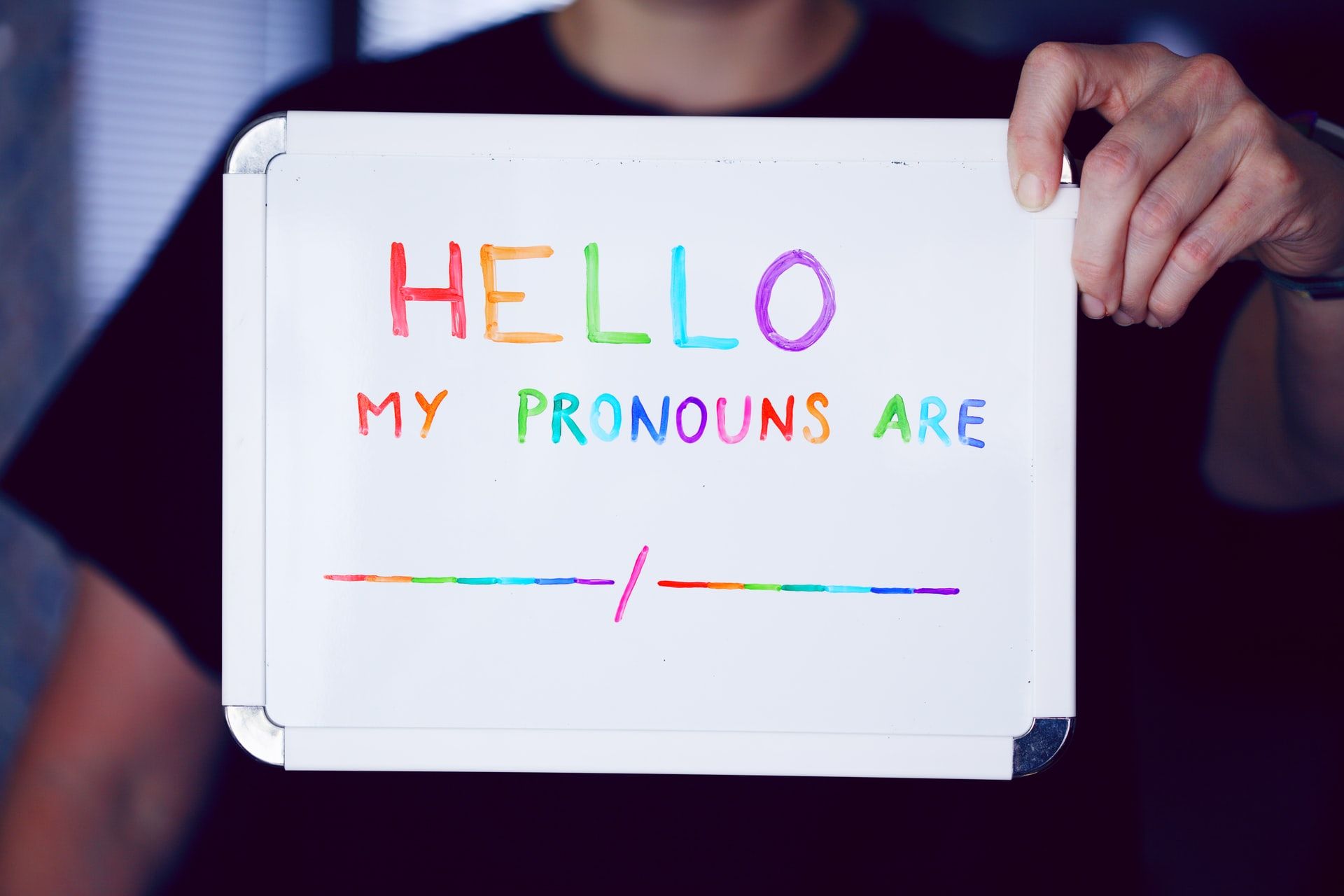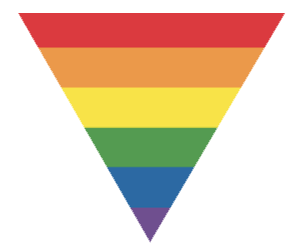Written by Meagan Cumming, MA, RP
 For folks who are cisgender (people whose gender identity matches their sex assigned at birth), pronouns or gender-inclusive language has not necessarily been something they’ve experienced or been educated about. However, it is incredibly important to be mindful and intentional of our words when serving a diverse range of clients. It can be detrimental to folks who are trans or nonbinary to be misgendered (yes, even “by accident”), and especially by the people that are meant to be supporting their healing. Being misgendered by healthcare providers and particularly by therapists is invalidating and harmful.
For folks who are cisgender (people whose gender identity matches their sex assigned at birth), pronouns or gender-inclusive language has not necessarily been something they’ve experienced or been educated about. However, it is incredibly important to be mindful and intentional of our words when serving a diverse range of clients. It can be detrimental to folks who are trans or nonbinary to be misgendered (yes, even “by accident”), and especially by the people that are meant to be supporting their healing. Being misgendered by healthcare providers and particularly by therapists is invalidating and harmful.
Here at the Kemptville Stress Relief Centre, our Client Ambassador will ask for someone’s pronouns in the intake phone call. This is recorded for the therapist that client is matched with, and the client is also asked again while filling out the consent and confidentiality form to ensure their therapist knows before they’ve even met what pronouns are used. This helps ensure all of our clients are seen and supported in their therapeutic relationship.
We also make sure to use gender-neutral language like “they” or “them” when asking about other people in our clients’ lives. For example, it is very important to me to ask a new client “tell me about your partner (as opposed to “husband” or “wife”), I would love to hear more about them” because I have no idea what their spouse’s gender might be! This example is not only inclusive of gender, but also of non-heterosexual relationships.
The 2015 U.S. Transgender Survey shows that 40% of transgender individuals have attempted suicide at least once in their lifetimes, which is nine times the overall attempted suicide rate of 5% in the general population. This high rate has been attributed to pervasive mistreatment, economic hardships, and violence. We can help by not contributing to the harm with a very simple, but profound shift in language to ensure that all of our clients are represented and cared for. We know that our words carry weight and meaning and potential healing to folks who may have already had their gender invalidated, and are committed to this practice to ensure safety and inclusion for all.
To connect with one of our counsellors
call 613-701-7574 or email us at info@ksrc.ca
